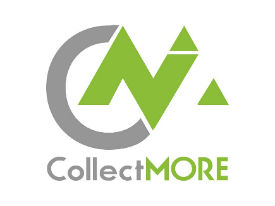If there are multiple outstanding invoices on your customer’s Statement then unfortunately my friend, you have a problem. When was the last time you cut off a debtor who owed you money? Said no when they asked you to do more work or provide more stock? Told them you’d only agree once they’ve paid you in full? If you’re like most small businesses the answer is never. The promise of more money casts a spell over almost all of us. Especially when you’re new in business. Future money appears more valuable than current money. It takes a very strong will to say no to “Once you do this new job I will pay you for the old job”. Or even worse, this- “I need this new work otherwise I can’t pay you for the old work”. Holding your current invoice to ransom- classic debtor behaviour. One of the oldest tricks in the book. And what breaks our heart is that forgiving, trusting creditors almost always fall for it. Saying NO and meaning NO is an artform. It takes guts. But we simply cannot stress how vital it is. All allowing them to incur more debt does is increase your risk. It enables them. It reinforces a negative. And it almost never gets you paid. Saying yes doesn’t get you paid- saying no does. 3 invoices, 1 month apart. That should be your absolute limit. If an invoice is due on the 30th September and it’s still outstanding when they ask for more work or place a new order on the 5th November, what should your answer be? Exactly. Still not convinced? We were sent a new debt to collect last Thursday from a client who still owed us commission from December. Did I decline? You’re damn right I did. Did they pay the outstanding and apologize profusely that same day? You’re damn right they did.
Cheers guys
Why saying no almost always leads to yes
